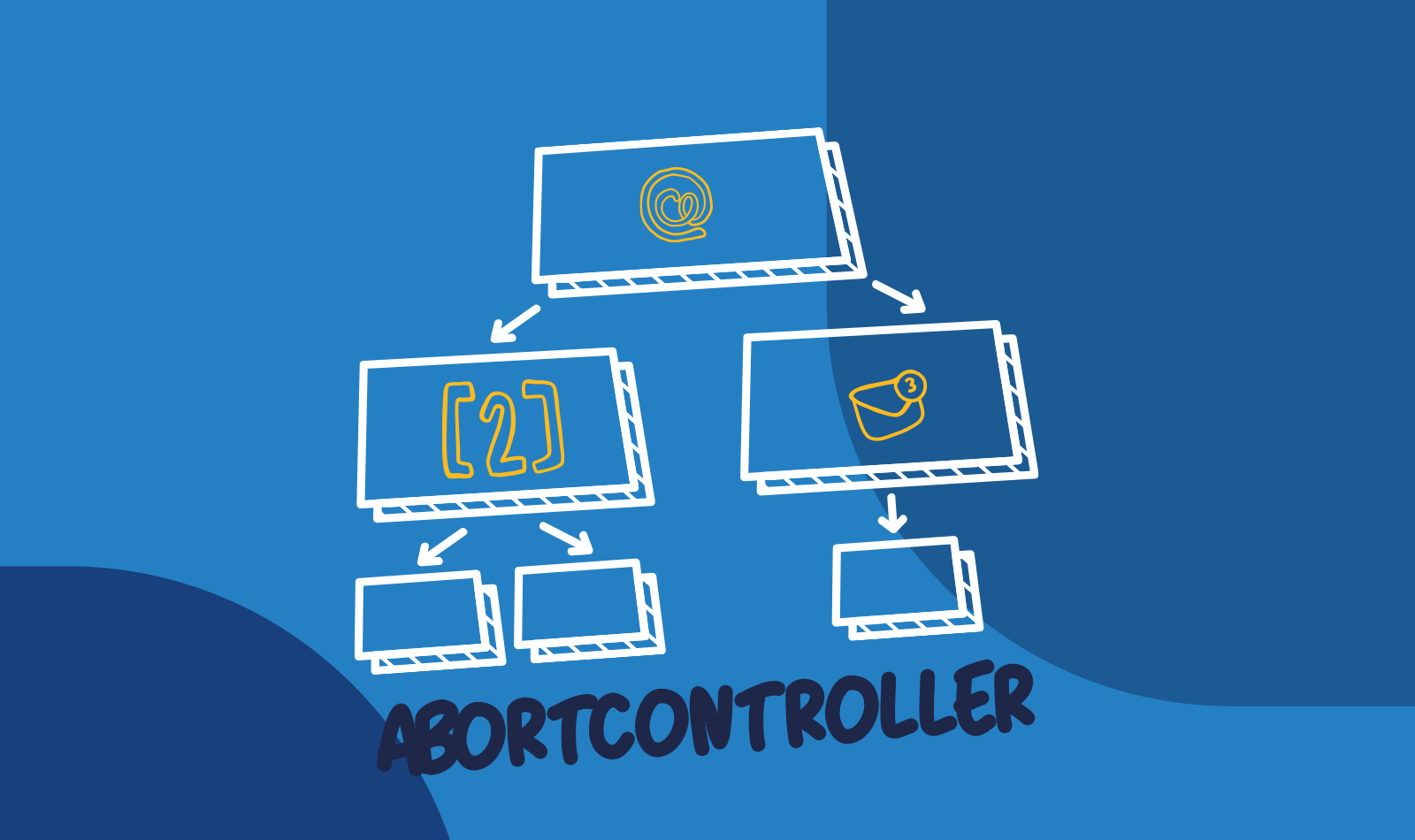Front-end - Articles

Observables – What is it? And how to use it in your code
This article introduces observables in Angular, explaining their role in handling asynchronous data streams. It covers the creation of observables, subscribing to them, applying operators for transformation and filtering, error handling, and unsubscription. Additionally, it includes a section on testing observables using fakeAsync for writing synchronous-looking tests for asynchronous code. By leveraging observables and RxJS, developers can enhance the responsiveness and efficiency of their Angular applications.

Angular: Components, Directives and Pipes – How to properly create and test them
This article offers a practical guide to creating and testing components, directives, and pipes in Angular. It covers their definitions, code examples, and testing techniques using Angular's testing framework. By following this guide, developers can effectively utilize these Angular features for building robust and reliable applications.

How to use the useEffect hook with the AbortController
The AbortController interface provides a way to cancel ongoing asynchronous operations. When combined with React's useEffect hook, AbortController allows us to effectively manage asynchronous requests and prevent memory leaks.

How to debug JavaScript code in a browser?
Debugging is an essential skill for every JavaScript developer. It involves the process of identifying and fixing errors, bugs, and unexpected behavior in your code. Effective debugging techniques not only save time but also improve code quality and enhance overall development productivity.

Angular Signals – a new way of change detection
This article is the first look into the concept of Signals in Angular. It explores Signals API followed by some simple examples to understand why and how we should use Signals in our daily developer's work.

Angular: How to share Components data
This article provides concise methods for sharing component data in Angular. It covers input-output communication, sharing data through services, utilizing the NgRx store, and mentions other options like route parameters, local storage, session storage, and cookies. These techniques empower developers to create efficient and interactive Angular applications.
Meet the geek-tastic people, and allow us to amaze you with what it's like to work with j‑labs!
Contact us


